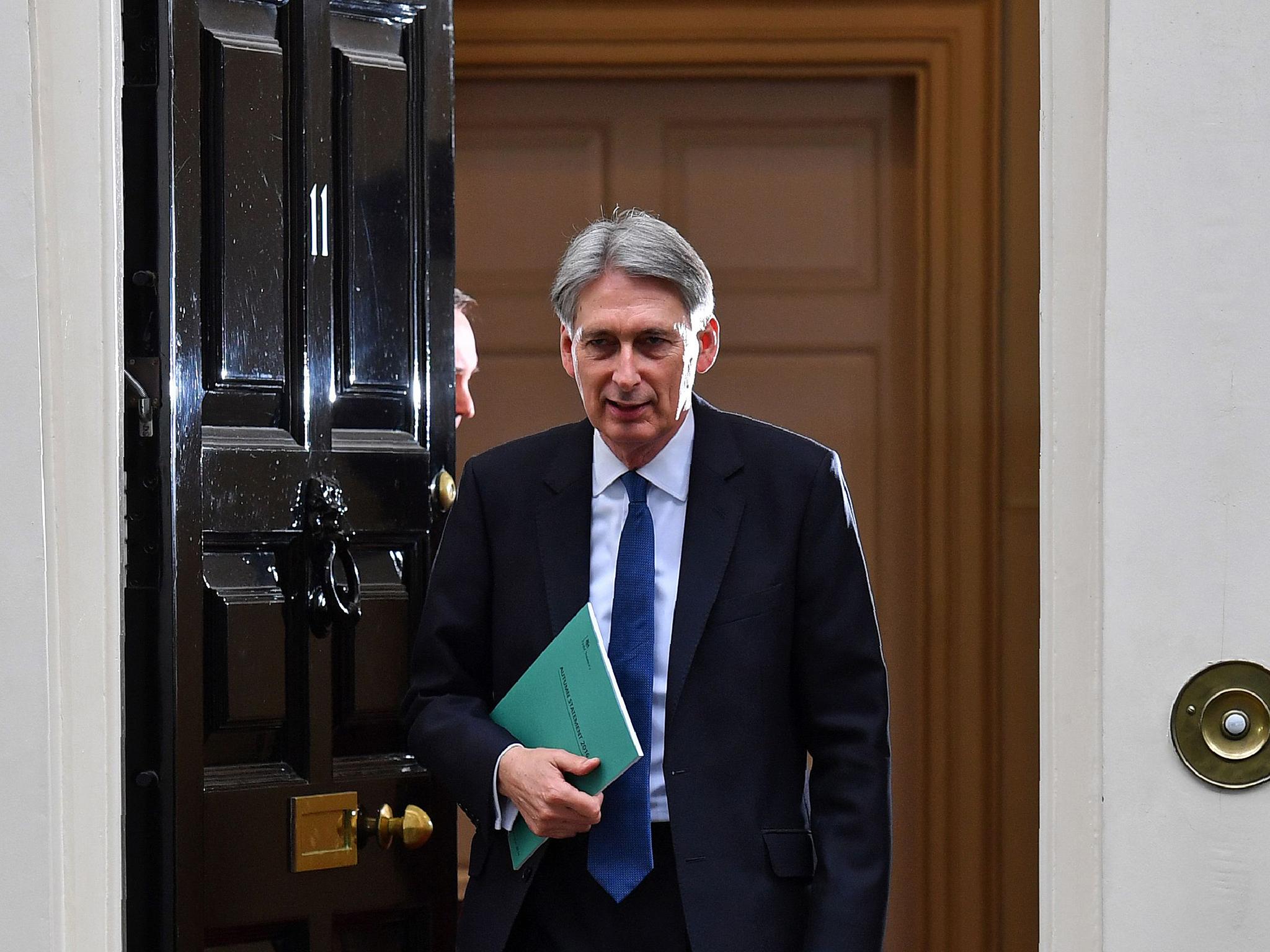Britain's bad managers are to blame for our lack of productivity – and they're the reason for Brexit too
It was the experience of working long hours for low pay that gradually persuaded many ordinary citizens to doubt the competence of the managers in their workplaces, and to lose respect for politicians


In his Autumn Statement, Philip Hammond, Chancellor of the Exchequer, said that “too many British workers work longer hours for lower pay than their counterparts” elsewhere because “in the real world, it takes a German worker four days to produce what we make in five”.
Hammond was making a comparison between British and German efficiency, or productivity.
Productivity is usually calculated as output per hour. It is almost as unlovely a word as Brexit, but even more important. For productivity is the key factor that determines Britain’s long-term prosperity, which in turn is largely the result of how well managers carry out their work.
There are other factors too, such as the state of Britain’s infrastructure and the adequacy of the national education system, but first in line come the professionalism of the people running Britain’s manufacturing and service industries.
Now poor productivity has a social consequence – people are worse off than they should be – and also a political consequence. It was the experience of working long hours for low pay that gradually persuaded many ordinary citizens to doubt the competence of the managers in their workplaces and to lose respect for politicians, who also bear some responsibility for economic performance.
So finally given an opportunity to vent their anger, they voted to leave the European Union. In other words, it was primarily poor business management that created the very conditions that led to the Leave campaign’s victory in the referendum.
In 2015, British productivity was a long way behind the rates achieved in most mature economies. Economists call the UK’s shortfall in productivity a “puzzle” and cast round for explanations.
First they blamed three industries for the problems: finance, North Sea oil and utilities, such as the supply of water or gas. Then a year later, in April 2015, the list was enlarged to four. On the naughty step this time were placed professional services, telecommunications and computing, banking and finance and manufacturing. More recently the low wages sector has been singled out – including retail, accommodation, food and administrative services – which employs a third of all workers.
There is something in all this, but the key factor is the incompetence of Britain’s managers. That the Chancellor believes management has been falling short was shown by a single sentence in his Autumn Statement that puzzled me at first. He said: “I am funding Charlie Mayfield’s business-led initiative to boost management skills across British businesses.” In fact Sir Charles Mayfield, chair of the John Lewis Partnership, is leading a productivity leadership group comprising senior business leaders. The group’s object is “to galvanise businesses working together to raise business productivity in the UK”.
The group has published a paper that analyses the problem and it is very frank about the failings of British businesses. It refers to the “long tail” of underperforming businesses that “characterise every industry within the British economy”. These same businesses are, the report states, “poor at adopting best management practice and have too few managers thinking long term about talent. Many rest content with current products and working practices, rather than seeking to innovate and sometimes focus too much on short-term survival and success, at the expense of long-term value creation.”
This long tail of underperforming businesses in every industry is a deeply embedded weakness. Robert Tombs, in his admirable book The English and their History, reminds us that worries about industrial decline appeared as early as the Great Exhibition of 1851. The phrase “Jerry-built” refers to an influx of popular German goods in the 1880s. Politicians and leader writers spoke of “defeat” by a German industrial invasion and of the “conquest” by America of British export “outposts”.
Then roll forward 80 years to the 1960s. The British economy was doing poorly, with one sterling crisis after another, just as the six countries of the newly formed Common Market, without British involvement, precursor to the EU, started to forge ahead. This comparison undermined British self-esteem, which had been high following the successful conclusion of the Second World War.
Edward Heath, the Prime Minister who finally took us into Europe on 1 January 1973, told the House of Commons in the early 1960s that what we now see opposite to us on the mainland of Europe is “a large group comparable in size only to the United States and the Soviet Union, and as its economic power increases, so will its political influence”.
Thus we joined Europe essentially because we had lost confidence in ourselves. We thought we needed a bigger market in which to thrive. But judging by productivity comparisons, the cure hasn’t worked.
After more than 40 years of membership of the EU we have ended up with British output per hour 9 per cent below Italy’s level, 27 per cent below France’s and 35 per cent below Germany’s.
There are a lot of reasons for this, but the failings of British business management are top of the list.


Join our commenting forum
Join thought-provoking conversations, follow other Independent readers and see their replies